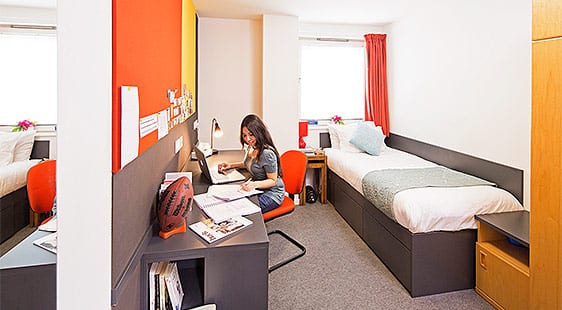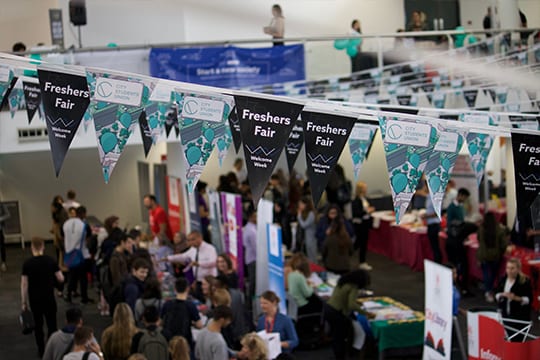Many international students choose to study in London because…well… it’s London, the city of opportunities.
For some, being an international student with a student visa in London may bring certain uncertainties when it comes to funding. Whether you are a student or planning to study in London, this guide will let you know what to expect when navigating the part-time job market while at university.
Rest assured, we have you covered!
What you need to know
To fund your fabulous lifestyle in London you may decide you want to take up part-time work around your studies. International students on student visas are allowed to work part-time up to 20 hour per week during term time – this is to ensure students do not compromise on their studies. Here are some tips to help you navigate future job prospects:
#1 You are not a freelancer or self-employed
It is important to note international students cannot be self-employed. However, some companies that deal with providing university students with flexible work require them to identify as a freelancer (a type of self-employment). So, it’s important you are aware of this before signing a job contract to ensure you do not have issues with the tax man.
#2 Request a ‘right to work’ checklist
If you are interested in temporary seasonal jobs (during your Christmas or summer break) you can work more than 20 hours per week. But first make sure you request a ‘right to work’ checklist from your course officer so you are fully aware of the officially recognised university vacation time.
#3 Know your rights
Do not let your employer try to pursued you into working more than 20 hours per week during term time. You have the right to say no. You will be found in violation of your visa terms if you go over those 20 hours.
#4 Be persistent and patient
Once you have been offered a position, companies would submit your details in their online management systems. Sometimes you may find you will be automatically rejected by the head office because of your visa. It might take a little while but they will re-submit your details manually. Just keep checking in with the employer as the job is yours.
For up-to-date information on your permission to work while studying, check out this useful guide or talk to an International Student Adviser at City, University of London’s student centre, to ensure you are well prepared before job hunting. You can browse job opportunities on our shortlist of websites for people looking for work while they study.











